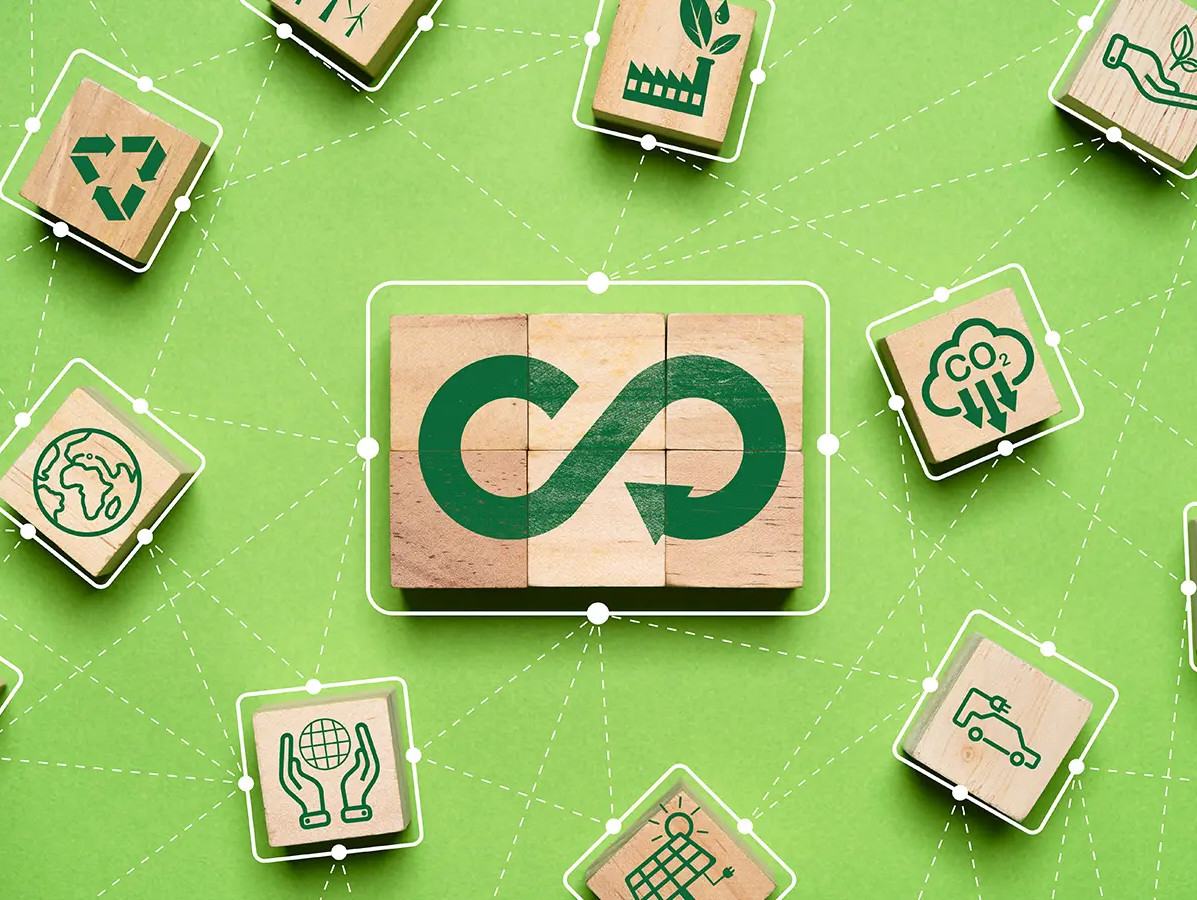
The Netherlands is struggling to meet its circular economy goals. In 2022, the use of minerals, metals, and fossil resources even increased compared to 2020. As a result, the goal of halving resource consumption by 2030 is slipping further out of reach. This is highlighted in the latest Integrated Circular Economy Report (ICER) from the Netherlands Environmental Assessment Agency (PBL).
The food industry faces a clear challenge when it comes to packaging and waste management. The PBL urges for more effective use of existing policy tools, such as extended producer responsibility (EPR). This regulation holds companies accountable for collecting and recycling packaging waste. For food producers, it serves as an extra push to make packaging more sustainable and to increase recycling rates.
The PBL also advises the government to set a stronger example by enforcing stricter circularity requirements in its own procurement processes. This would help create market space for circular products. On a European level, the PBL calls for ambitious policies, including the Ecodesign Regulation and the Right to Repair initiative, to ensure a level playing field.
One major obstacle remains the price gap between primary and recycled raw materials. In the food industry, circular packaging options are often more expensive, making the switch less appealing. The PBL identifies potential in measures like a European levy on primary fossil resources and operating subsidies for circular projects. Such financial incentives could help businesses make more sustainable choices.
Consumer behavior also plays a role. Demand for cheap, disposable products continues to grow—a trend that affects the food sector through fast food and single-use packaging. Although consumers are increasingly open to sustainable alternatives, practical barriers remain. This leads to the loss of valuable resources and puts additional pressure on supply chains, including those in the food industry.
Source: PBL